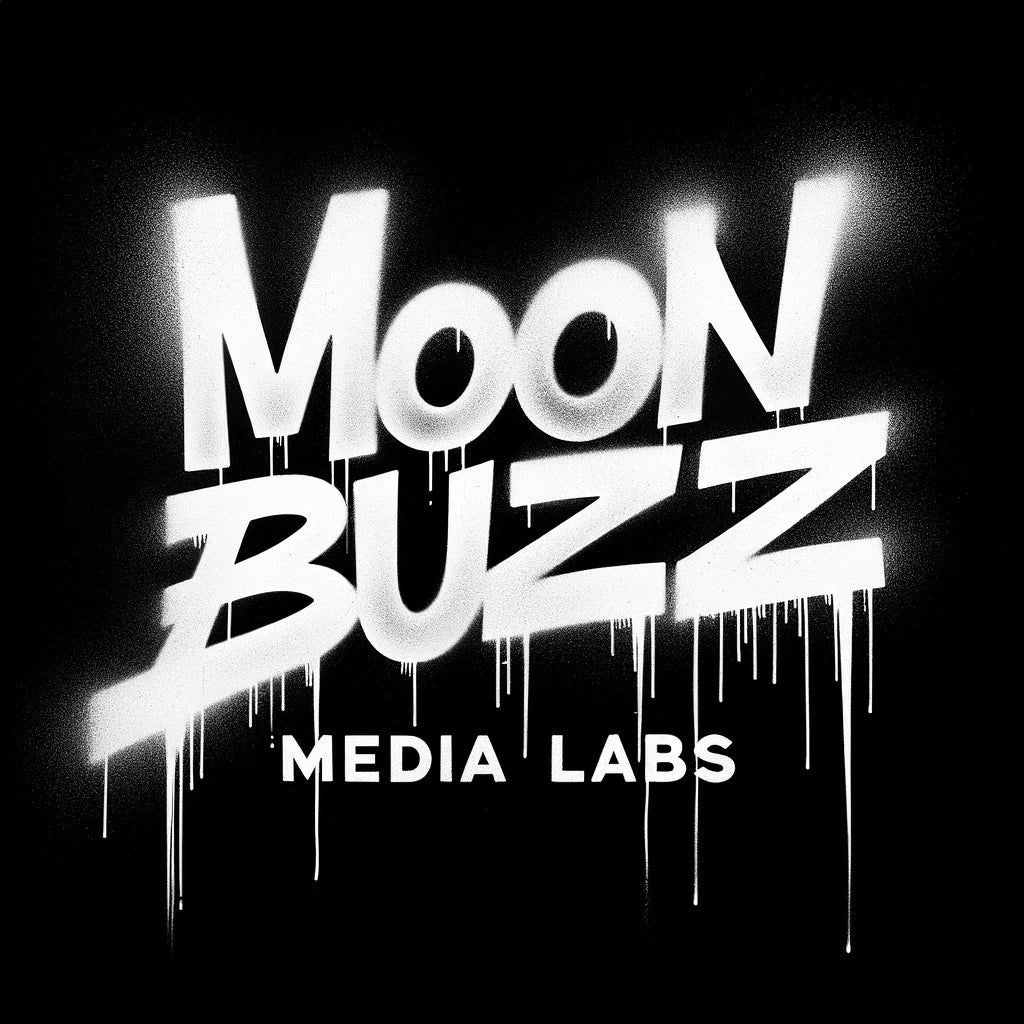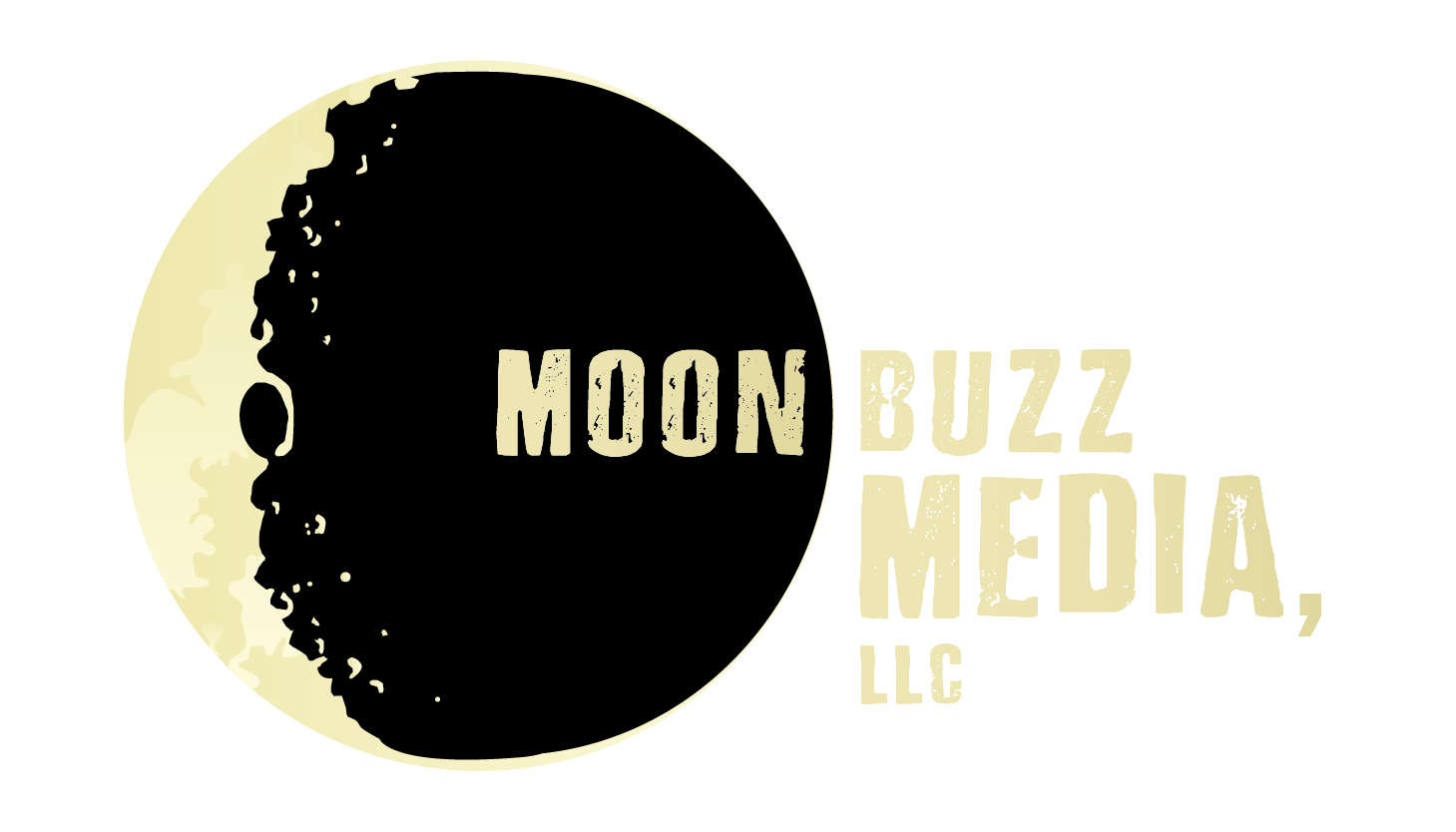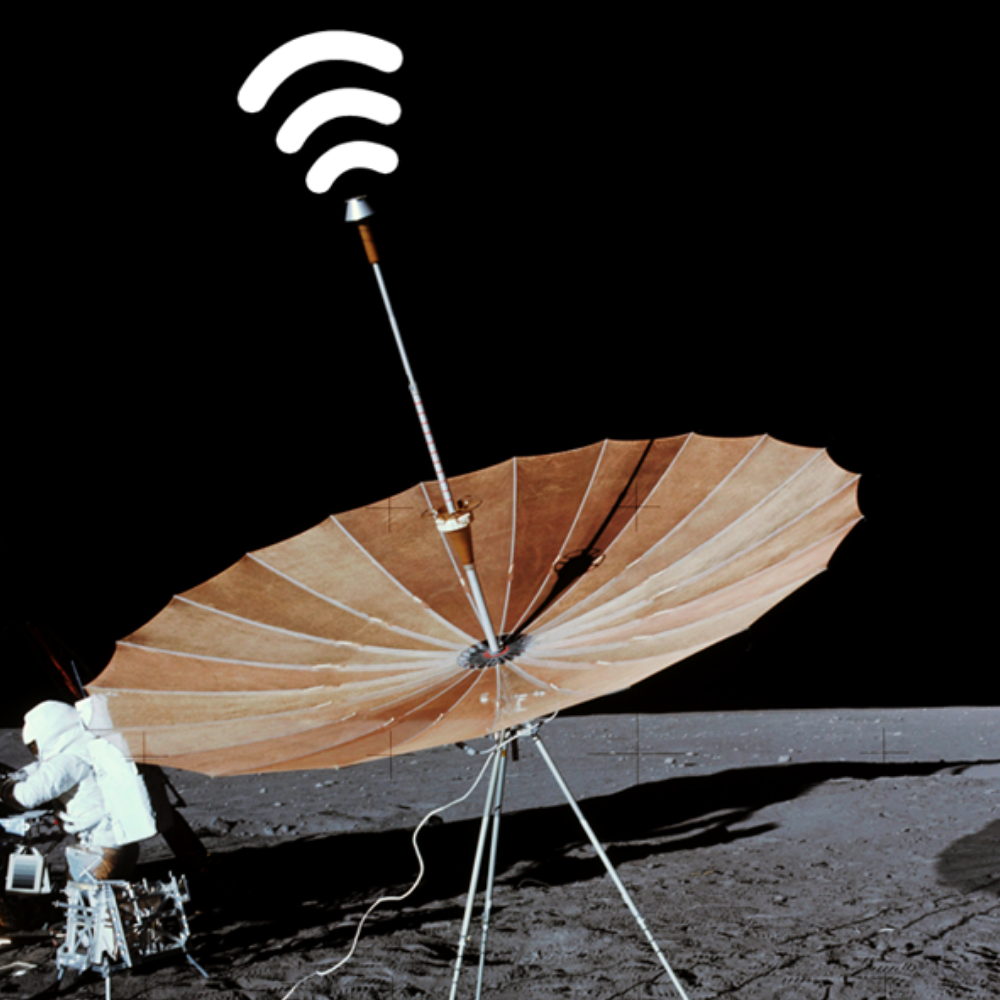
Content Syndication and the Death Of Trust In News
Here's a statement that many marketing businesses live and die by: "Backlinks are investments into your website's credibility."
In a way, this is always going to be true (so long as the internet continues to operate in the fashion it currently does). But the proclamation is also one-dimensional. There's a hollowness to it. An incompleteness.
The statement lacks clarity.
What kind of backlinks? Will any backlinks do? There was certainly a time in the history of the internet when backlinks themselves, regardless of the quality, could be created across multiple sites (usually erected overnight) and used to generate organic traffic. That and "keyword stuffing" were the strategies of choice. In turn, the inevitable focus of Google's updates has been one of increased sophistication in ferreting out contextless copy (AKA trashy, generic writing).
People shouldn't be rewarded for writing trash and then loading it with keywords they saw in an AHREFs or SEMRush subscription. Phrased another way, mindless backlink generation and keyword cramming have been less and less effective every day. Semantic-focused ranking algorithms that favor thoughtful writing over what are essentially clickbait articles have seen to that.
You might be thinking 'whatever gets clicks, bro'. This mentality is, in a way, a very healthy bedrock of every online business. How do we practically achieve the sales goals we've set out to accomplish? The path forward isn't always pretty, and if you're selling widgets you likely want to do whatever gives you the highest ROI. Not tomorrow, but today. For most business owners, tomorrow is a luxury.
Yet this mentality is precisely why the ghost of bad content creation haunts all of us, and it's only getting worse with Large Language Model adoption. As marketers, we still collectively sell backlinks by the bucketful (the more the better!). Though we rarely discuss with clients truly why it is we're doing this. Most agency owners feel they need to dumb down content for the businesses they serve, which is a travesty. The real truth is, the traditional approach to SEO is dumb (and more often than not indicates SEO specialists don't have real answers as to what actually "works", or why anything works at all).
As advertisers, we like to paint easily swallowed truths. Here's another overly used metaphor: "...just as stocks rise and fall based on trust, so does your business's online presence." But we seem to be getting to a stage in media evolution where digital methods of communication are essentially eating themselves. Who has time for cultivating authentic trust in such a fast-paced ecosystem?
"Effective social media marketing" has led to causal accusations of depression, anxiety, and insomnia. Psychologists, sociologists, and many other trained health professionals are scrambling to understand the often idiosyncratic ties between social media use and overall well-being. As the social media landscape continues to shift, the results of these studies are ongoing. One thing is certain from the perspective of marketing, however: at no time in history has there been both greater access to publishing content and lesser attention given to any one piece of published material (albeit, on average - if you're the New York Times you're certainly afforded more attention than the often incoherent threads generated in a reddit post, which is precisely the point. More on this shortly.). The cause is, quite simply, an embarrassment of content. There's so much of it that we barely know how to navigate it.
It wasn't always so chaotic. Pre-20th Century communication was simpler. The general history of communication (which, seen from a certain light, is essentially the history of record-keeping) is far more multifaceted than we'd like to think. But not so chaotic. More varied in form, but simpler in execution.
Records can exist in many ways - the most tried and true versions being pictographs, oral traditions, and the more formal writing systems. The last of which have been the most prolific, though until the turn of the 21st century were labor intensive. To make records of account in cuneiform, clay had to be pressed and dried. To write in ancient Egypt, papyrus had to be stomped into a pulp and turned into paper. The printing press certainly was a turning point, though it still required the setting of type. Fast forward to 2024, and I'm basically "publishing" this as quickly as I'm writing it. This has consequences.
As of 2018, the global data sphere encompassed a staggering 33 zettabytes (ZB), which translates to about 33 trillion gigabytes of data created, captured, duplicated, and utilized. To be fair, there are A LOT of different ways people are measuring this, so there are multiple answers as to how many ZB are currently in existence. As an average figure, it's projected to soar to something in the vicinity of 175ZB by next year (2025). To put this into perspective, a single zettabyte consists of 8 sextillion bits.
The reaction to this new reality of information surplus is pluralistic. Some of us want to censor materialmore than we ever have before. Others are embracing a sort of techgnosis. The most remarkable outcome, however, seems to be that we now have so much information we've forgotten the distinction between knowledge and information (i.e. data).
This never used to be an issue - it's a very new "problem". We were very clear on the fact that "information" was different from "knowledge" prior to the digital revolution. If a scribe stamped down in cuneiform a tally of merchandise being bought or sold, no one decided it should be inscribed next to Hammurabi's Code. It was basically information, knowledge of which would help the person buying or selling the merchandise. But they certainly wouldn't have demanded a monument be erected to hold the information in perpetuity (besides which, clay tablets are incredibly resilient all on their own).
The Cult of Information by Theodore Roszak is worth a read if any of this is of personal interest. Written in the year 1986, as the digital future was looming menacingly under the context of the Cold War (the movie War Games was very much in the zeitgeist of the time), it's still an incredibly prescient book.
Quoting Roszak, "...the essence of the machine is its software, but the essence of the software is its philosophy."
I don't know about you, but I can't remember the last time I considered the philosophy of any digital platform. We are so far removed from thinking about how these platforms work that we've completely missed the fact that, as Marshall McLuhan warned us decades ago, The Medium Is The Message.
News corporations aren't immune from this foundational reality. Their continued existence is contingent upon people trusting the information they put out into the world. What is the philosophy inherent in online news?
When news came solely by way of newspapers and radio, the trust was easier to come by. The newspaper is a medium that has precedence. It's not so different from what was coming out of the printing press in the time of Gutenberg. Centuries of adoption and widespread use had acclimatized people to holding paper in their hands and reading fresh ink. Radios are essentially an extension of oral traditions.
The digital medium is not fixed, and this mercuriality lends itself towards distrust. This happens naturally, as a chain of interrelated dependencies.
If something can be immediately edited, why should we worry about making sure it's perfect?
If nothing online is ever necessarily in its final form, why should we trust that it's completely accurate?
If anyone can publish content, why should we listen to large publishers?
The result is a universal acceptance of half-truths and tribal cosmologies. If uniform reality consensus is an important goal of any civilization, then we seem to be backsliding. Admittedly, maybe it's not an important goal - but widescale questioning consensus reality hasn't ever been so attainable.
The zombie-like rush to create meaningless backlinks is merely a symptom of this historicity. We know we need to link to external "authority sites", but we've forgotten that the aim is to make arguments grounded in thoughtful, well researched, and most importantly as regards SEO, documented ideas. Backlinks are proof that someone else has found your writing worthy of linking to for the purposes of supporting a concept. Whether the concept is agreed with or not is completely unimportant. What's most important is that your writing has exemplified what that idea or concept means.
Over the past decade a popular method for adding quality backlinks has become content syndication. This involves using a single article across multiple "high domain authority sites", with links pointing back to your site, thereby elevating your site's trust.
The process, in theory, is straightforward. If you've crafted an article worthy of wide dissemination, it can be matched with top-tier news sites, allowing you to benefit from their high domain authority. When your article is posted on these sites with links back to yours, it incrementally boosts your own domain's authority.
However, the current landscape of content syndication has led to an unsustainable environment. The ease of access to this strategy means that virtually anyone can pay to have an article, complete with backlinks, published on a news site. This indiscriminate inclusion results in a jumble of material where well-crafted, altruistic articles are placed alongside those that resemble clickbait from sites like Buzzfeed.
We're Here To Help!
#1 Media Boost - Your one stop shop for content syndication on top tier news sites. We don't have control over which sites will except your work for syndication, but we do have access to top tier news agencies like NBC, ABC, USAToday, and FOX.
#2 Press Release - Do you hate writing Press Releases? Let us lessen your load by writing them for you! We'll also send them out for syndication afterwards - so you get the best of both worlds.
#3 Keyword & Topic Research - If you haven't done a deep dive on the sorts of keywords and topics you can compete for online, you should really start here before you do anything else. We can run as much content syndication for you as you'd like, but if it's the sort of content you can't compete in the digital economy with, it's not going to push the needle much.

Full List of SEO Services
For those of you who want to dive in deep, we recommend getting to know our full suite of SEO services. From helping you to understand syndication to plain old fashioned backlink creation, take a few moments to sift through the list before settling on something. If you're completely new to this, we recommend the Keywords & Topics research above, but once that foundation has been built you'll want to periodically scan your site for full compliance with best SEO practices.
Content Syndication ^^
















